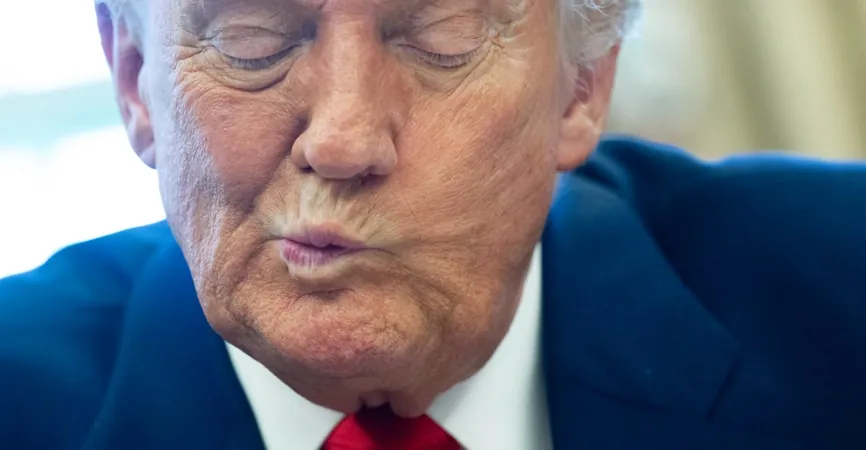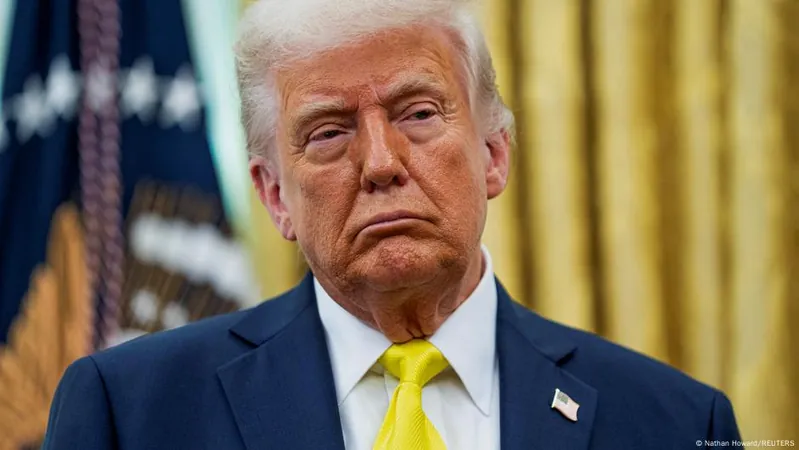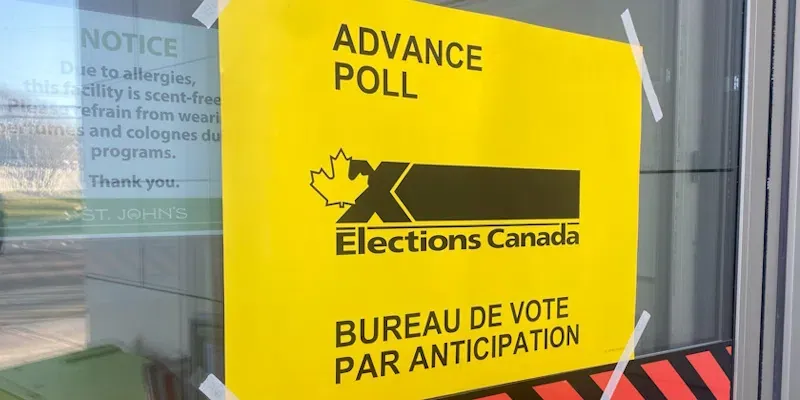
Trump's Chaotic Game of Tariffs: Is His Unpredictability Backfiring?
2025-04-11
Author: Sophie
Trump's Unpredictable Tactics Take a Dangerous Turn
For years, Donald Trump has wielded unpredictability as a key weapon in negotiations. He famously believed that acting erratically, a strategy he referred to as being 'crazy,' would intimidate his opponents into concessions—a tactic reminiscent of Richard Nixon's 'madman theory' aimed at unsettling foreign leaders.
The Shift from Bluffing to Bombshells
During his presidency, many observers recognized this strategy as bluffing. Despite his alarming rhetoric, the economy thrived pre-pandemic, he sidestepped major conflicts, and maintained America's NATO commitments. However, in his second term, Trump seems poised to dismantle this perception by enacting erratic and disruptive tariffs that shake the foundations of the global economy.
The Fallout from Trump's Tariff Strategy
While he's often engaged in confrontational posturing, he's now putting these dangerous moves into action. This behavior may stem from a belief in orchestrating 'big, beautiful deals' while maintaining a madman facade to increase his bargaining power. Even regarding China's trade war, he might still be angling for a deal rather than a full economic separation.
Long-Lasting Effects on the U.S. Economy and Reputation
Nonetheless, Trump's reckless tactics could inflict severe, lasting harm on both the United States' economic standing and global reputation. By transforming the 'madman' persona from a bluff into reality, he undermines investors' faith in his stability, leading them to abandon U.S. bonds and currency.
Investors Flee in Response to Uncertainty
Traditionally, U.S. Treasury bonds are viewed as safe bets, but investors are now steering clear of them. Instead of seeking safety in crises, they are shunning U.S. assets due to Trump's unpredictable actions. This exodus has grave implications—rising interest payments on the national debt and an increased risk of a financial downturn.
Are Trump's Risks Fueled by Disconnection?
Investors' withdrawal can be traced back to the belief that a nation led by a 'madman' unafraid to toss business stability aside isn't a reliable partner. Trump's actions might seem irrational; they diminish the U.S.'s reputation as a sanctuary during tough times.
Trump's Declining Self-Control
In his first term, Trump had some institutional checks that prevented him from taking extreme measures, although he often approached the edge of chaos. Now, empowered by a supportive entourage, Trump has a greater inclination to embrace risk. His recent chaotic economic strategies illustrate a troubling detachment from reality.
The Economic Turmoil Intensifies
As market chaos unfolds, Trump and his allies have dismissed the concerns, claiming that Wall Street's pain isn't a Main Street issue. Such a claim is absurd; widespread economic instability threatens businesses and erodes consumer confidence. After moments of significant market drops, Trump hesitated and scaled back on certain tariffs, inciting a temporary positive response among investors.
What Will It Take for Trump to Reassess?
While Trump may have eased off slightly, his recent tariff threats against China and Mexico suggest a reluctance to relinquish his aggressive tactics. What will it take for him to reevaluate his approach? Will the U.S. economy suffer further before he decides it's time to back down? The future remains uncertain as the impacts of his unpredictable policies unfold.









 Brasil (PT)
Brasil (PT)
 Canada (EN)
Canada (EN)
 Chile (ES)
Chile (ES)
 Česko (CS)
Česko (CS)
 대한민국 (KO)
대한민국 (KO)
 España (ES)
España (ES)
 France (FR)
France (FR)
 Hong Kong (EN)
Hong Kong (EN)
 Italia (IT)
Italia (IT)
 日本 (JA)
日本 (JA)
 Magyarország (HU)
Magyarország (HU)
 Norge (NO)
Norge (NO)
 Polska (PL)
Polska (PL)
 Schweiz (DE)
Schweiz (DE)
 Singapore (EN)
Singapore (EN)
 Sverige (SV)
Sverige (SV)
 Suomi (FI)
Suomi (FI)
 Türkiye (TR)
Türkiye (TR)
 الإمارات العربية المتحدة (AR)
الإمارات العربية المتحدة (AR)